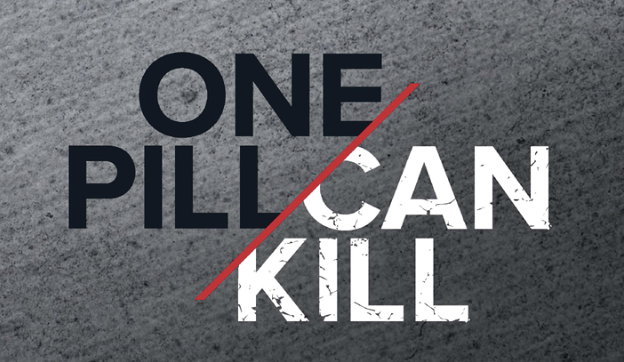
D.A.R.E. Launches Fentanyl Prevention Education Lessons!
The Drug Enforcement Administration calls Fentanyl “the single deadliest drug threat our nation has ever encountered.”

The Drug Enforcement Administration calls Fentanyl “the single deadliest drug threat our nation has ever encountered.”
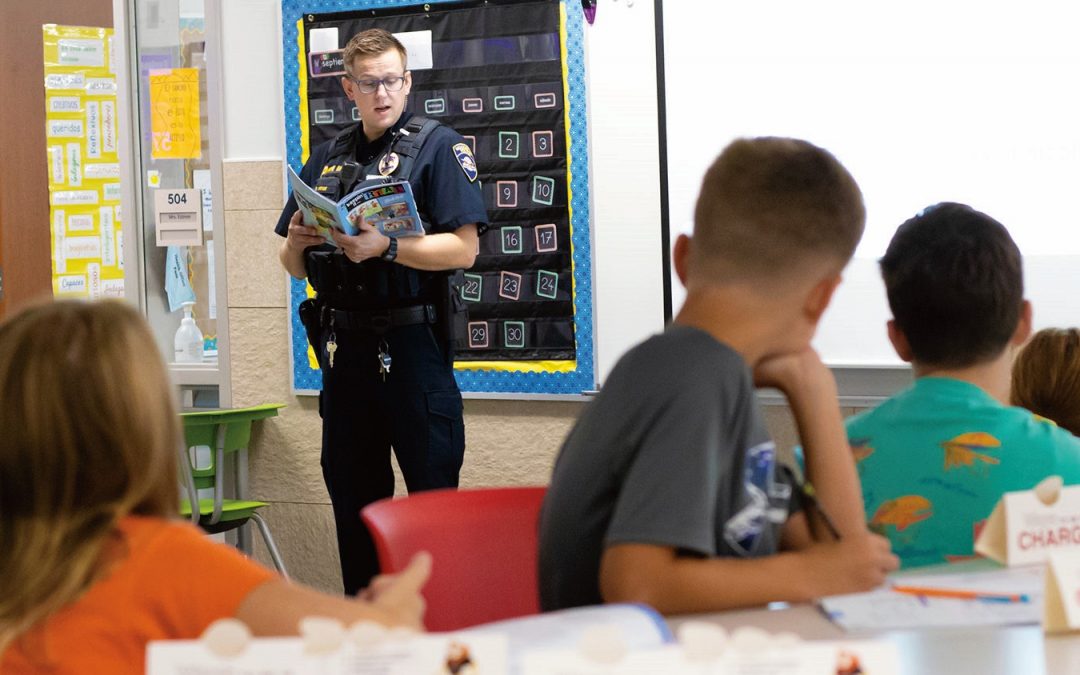
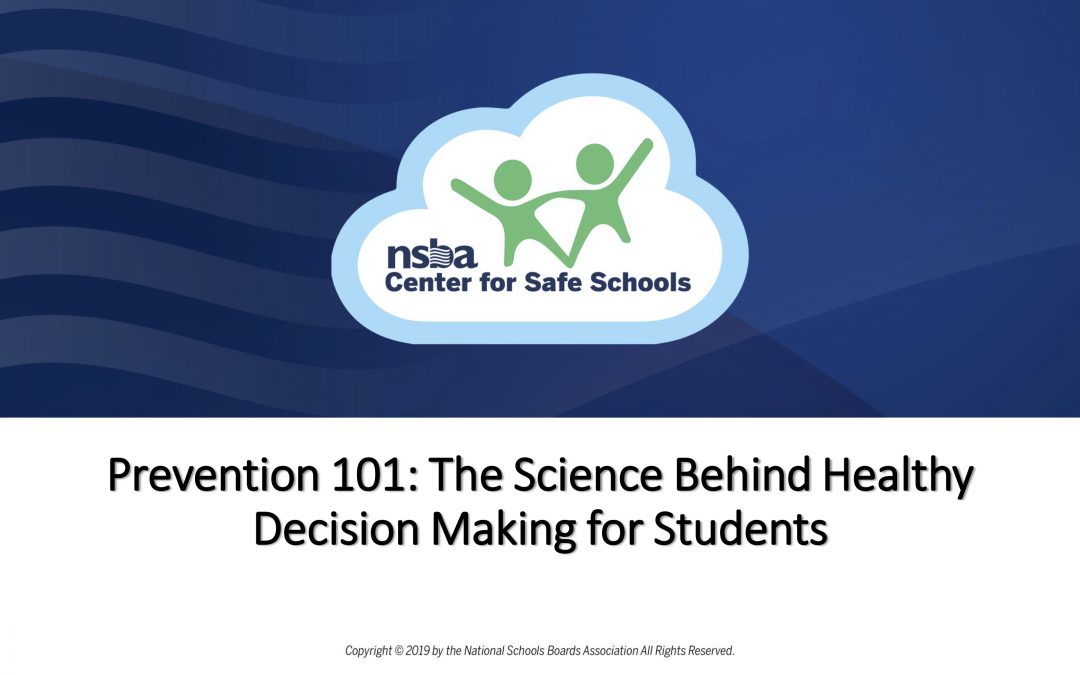
The D.A.R.E. America – National School Board Association webinar conducted by Richard Clayton, PhD and David L. Wyrick, PhD on August 13, 2019 is now online to view. The webinar will help the listener understand the evidence and theoretical base underlying Prevention Science, identifying the D.A.R.E. curricula as a model program. The D.A.R.E. curricula focuses on providing cutting edge instruction that helps prevent drug use by developing basic, core Socio-Emotional skills needed for safe and responsible choices…

myPlaybook: Core is a four-lesson curriculum designed for delivery to High School Students, ideally in 9th or 10th grade. The lesson content is aligned with D.A.R.E. Elementary and Middle school program concepts, continuing the focus on understanding risk behavior…

More Than Sad is a 45 minute enhancement lesson designed for delivery by D.A.R.E. Officers to High School students, ideally in 9th or 10th grade. D.A.R.E. collaborated with the American Foundation for Suicide Prevention (AFSP) to adapt this lesson for delivery by…

Vaping nicotine nearly doubled among high school seniors from 11 percent in 2017 to 20.9 percent in 2018. More than 1 in 10 eighth graders (10.9 percent) say they vaped nicotine in the past year, and use is up significantly in virtually all vaping measures among…

D.A.R.E is implementing opioid education programs in schools to combat opioid addiction at a younger age. The enhancement lessons are being taught at each grade level…
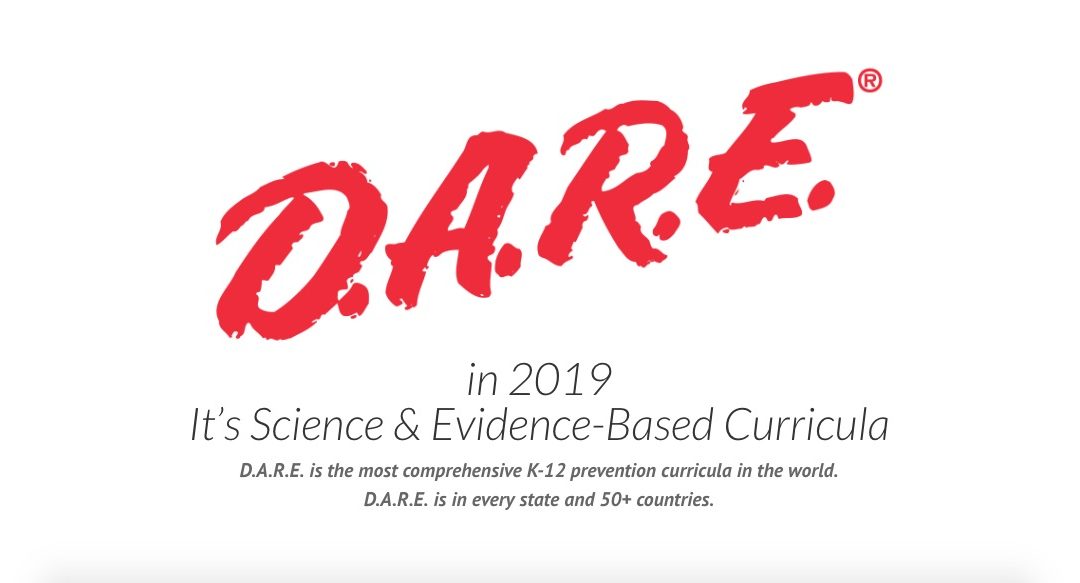
Read an article about D.A.R.E. by Richard Clayton, Ph.D., former Chair of Health Education and Health Promotion in the College of Public Health at the University of Kentucky. For more than 20 years, he was the director of the federally funded Center for Prevention Research
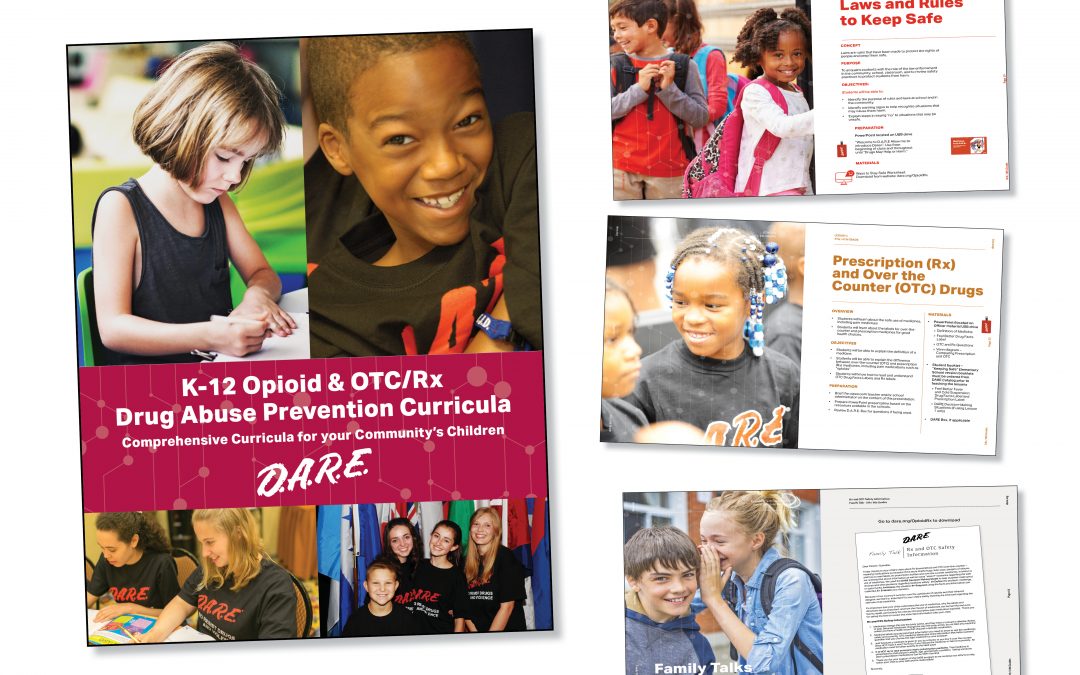
Substance abuse prevention education organization D.A.R.E. America has launched new nationwide curricula for law enforcement officer-led D.A.R.E. programs targeting K-12 classrooms, parents, and communities that will challenge the national opioid and prescription…
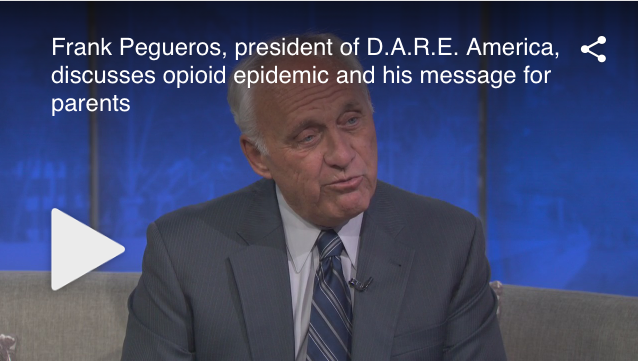
The opioid crisis continues to dominate headlines in the U.S. Frank Pegueros, president of D.A.R.E. America, joined us to discuss what the program is doing to help and his message for parents…